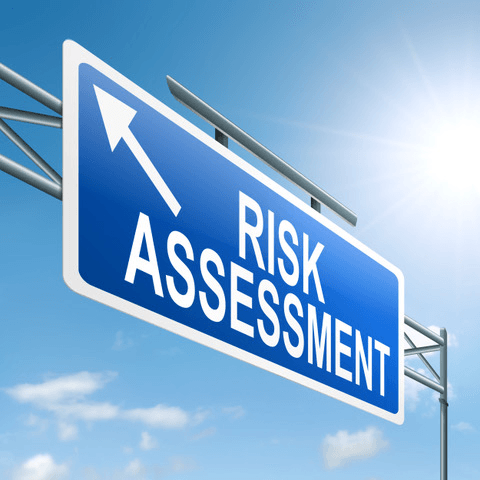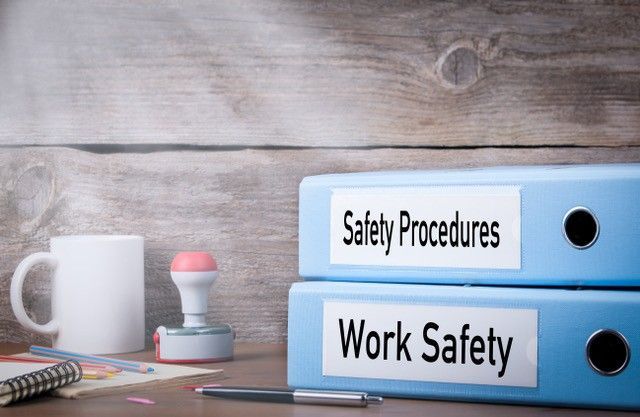The Modern Slavery Act 2015 and how it affects UK business

The current UK Government has introduced several legislative instruments to encourage greater transparency in how Companies in the UK run their businesses. From equal pay reporting to now combating Modern Slavery, what is clear is that the way businesses are being monitored is changing. The new legislative provisions outlined by the government detail what is expected of businesses to eradicate Modern Slavery in both their own businesses and also their supply chains, with hefty fines and potential prosecution for non-compliance.
What is Modern Slavery?
Modern Slavery is a term used to encompass slavery, forced and compulsory labour and human trafficking. It includes both adults and children subjected to forced labour against their free will. In 2013 the National Referral Mechanism, the UK’s victim identification and support process, received 1,746 referrals of potential victims of trafficking – almost a 50 percent increase on 2012 figures. The 1,746 referrals comprised 64% female and 36% male potential victims. Of those referrals 74% were adults and 26% were children.
For more information, visit the government website and their publication ‘Modern Slavery: UK leading the Fight’
What does the Modern Slavery Act 2015 outline and who is affected?
The Act outlines the criminal activity concerned; knowingly holding another in slavery, requiring another to perform forced labour and arranging or facilitating the travel of another person with a view to their being exploited. The Act enforces increased penalties for those in breach and strengthens the powers of the police and border forces in combating Modern Slavery.
While the Act focuses on bringing to justice those who facilitate criminal activity and aiding the victims, it contains preventative measures as well. The new disclosure duty is one such measure, encouraging businesses to take steps to stop Modern Slavery. This disclosure is achieved through a ‘Modern Slavery’ statement.
Commercial organisations supplying goods or services that have a minimum total turnover of £36 million are required to prepare a slavery and human trafficking statement for each financial year. For those Companies with a tax year end of April 2016, the statement must be drafted by October 2016 and displayed prominently on their website.
Who in the business is responsible for ensuring efforts are made to eliminate Modern Slavery?
Ultimately, the entity that holds the highest position within the Company is responsible for how its deals with potential issues regarding Modern Slavery, whether that entity be an individual or a board of directors. This body is responsible for overseeing every aspect of tackling Modern Slavery; from the creation of the human trafficking and slavery statement to implementing training for its staff to look out for the signs of Modern Slavery. The statement must be signed by this person, and non-compliance will be punishable at the highest level of the business.
What should the Company’s policy be if a supplier is found to have been involved in Modern Slavery?
The Government has encouraged the drafting and implementation of Modern Slavery policies to be available to all staff, and moving forward to notify each of their suppliers of their stance on Modern Slavery and the measures in place to combat Modern Slavery.
Should a Company discover that one of their supply chains facilitates slavery of any kind, they should notify the entity responsible for running the business and/or contract, and state that such practice must be stopped, and due diligence/audits carried out by the supplier to determine the extent of the breach, or the Company will repudiate the contract. Failure or refusal of the supplier to comply should be reported the relevant authority.
Association with Companies that are not compliant with the regulations set out in the Modern Slavery Act 2015 can lead to prosecution, with greater penalties if knowledge is present of such practice.
When entering into a contract with a new supplier or renewing contracts with existing suppliers, what checks will the company conduct or accept?
All businesses that meet the threshold of turnover should require extensive checks of their supplier’s employees, which may be achieved through due diligence and audits on those employees working on the contract/business concerned. A declaration prior to any contractual agreement being created to state that they do not facilitate Modern Slavery within their business is also recommended. Such guarantees will allow the contract to be repudiated upon breach of this statement, and satisfy the requirements of the Government as laid down in the Modern Slavery Act 2015.

What support or guidance is available for suppliers willing to remedy situations of slavery or forced labour found?
There are several helplines and methods of reporting slavery and trafficking for those who discover slavery and trafficking either in their own place of work or elsewhere. However, once it has been identified, what are Companies expected to do? Investigate their recruitment methods, ensure their policies are up to date and that they have a Modern Slavery policy to ensure that slavery and trafficking is not facilitated in the future. The key is training staff to ensure they are aware of the signs and know what to do to report slavery and trafficking.
For further information, please see the Home Office’s ‘Human Trafficking: Practical Guidance’ document.
What due diligence should the company commit to conducting regarding its supply chain?
A key aspect of identifying those that are the subject of human trafficking or slavery is through the due diligence that is carried out by businesses. Such checks will enable large scale monitoring of official documents such as a passport, visa etc. Those subject to human trafficking and slavery are usually paperless, with the traffickers taking away their official documents as a bargaining tool and to prevent the person involved from leaving.
With a statement required each financial year, it seems apt to complete such due diligence checks in line with the publishing of the statement. Records should be kept of any documents that the employee holds, so as to ensure that any audits that are conducted demonstrate to the auditor that the Company is Modern Slavery Act compliant.
What practices are in place to facilitate whistleblowing? What should the company’s policy and approach be to remedying the situation for workers if cases of forced labour are found?
All Companies are encouraged to have a set of policies that afford employees the rights that they are entitled to. One of these rights is the right to protection from identification in relation to an issue that they have reported. Whistleblowing effectively allows an employee to ‘blow the whistle’ on an issue without being formally identified. This is a valuable tool for employers in regards to complying with Modern Slavery legislation. Employees should be encouraged to report any suspicions that they may have about their colleagues without any repercussions for doing so. Reviews of the Company’s policies in relation to whistleblowing are encouraged on a regular basis to ensure that they are effective.What next steps should Company’s take in light of the above information?
For those Companies that have a tax year end of this April, steps should be taken to assess policies, conduct an audit of its employees and notify their suppliers of their position in regards to Modern Slavery. Once an overview can be obtained, it should be detailed in a Modern Slavery statement that should be published on the relevant website before October 2016.
For those Companies whose year-end is later this year, assess what Companies are doing this year in regards to their statements and relevant policies, which should all be posted on their website, with a view of replicating the same in the next financial year.










